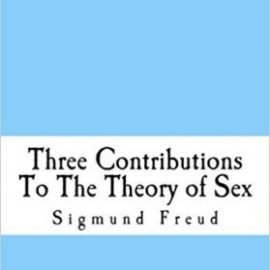Description
This post is also available in:
 العربية (Arabic)
العربية (Arabic)
A contemporary version of the Cain and Abel story, this novel was greeted with widespread praise when it was first published in Iran in 1989. Set in the northern town of Ardabil in the aftermath of the Second World War, the story begins as Urhan Urkhani, a prominent citizen of the town, sets out to find his brother in a midwinter snowstorm. Over the course of that day-long search, the entire history of the family is revealed in four symphony-like movements. Told through the rotating viewpoints of the family patriarch and each of his four children, the family’s misfortunes become the mirror of a paternalistic and oppressive society that pits brother against brother, encourages a father to denounce a son and burn his poems, forces a daughter to remain in an unhappy marriage, and abandons the last child to a mysterious hidden existence.
First published in Iran in 1988, this heartrending first novel recounts, using an unusual symphonic structure, the WWII-era dissolution of the mercantile Urkhani family in the provincial town of Arabdil. Rageful, narrow-minded patriarch Djaber terrorizes his children, sometimes with the enabling of his wife (Mother). Yousef, the eldest, is paralyzed in a childhood incident and becomes a family burden. The deep bond connecting twins Ida and her brother Ideen is broken first by Ida’s banishment to the kitchen and subservient duties, then by her marriage and subsequent death. The central, triangular conflict is between Ideen, a gifted poet; his father, who thwarts his every literary advancement; and Ideen’s elder brother Urhan, the favorite son, who dedicates his life to the family business. Over the course of the book’s four movements, traumatic events reoccur, contrasted with the constants of daily life, and abetted by fluid shifts in time and perspective. Maroufi, who has been in exile in Germany since 1996 (when he was convicted of insulting Islamic values), forges a desperate cycle of self-preservation and self-destruction in this tense and sorrowful narrative.(Oct.)
This post is also available in:
 العربية (Arabic)
العربية (Arabic)

 English
English 




